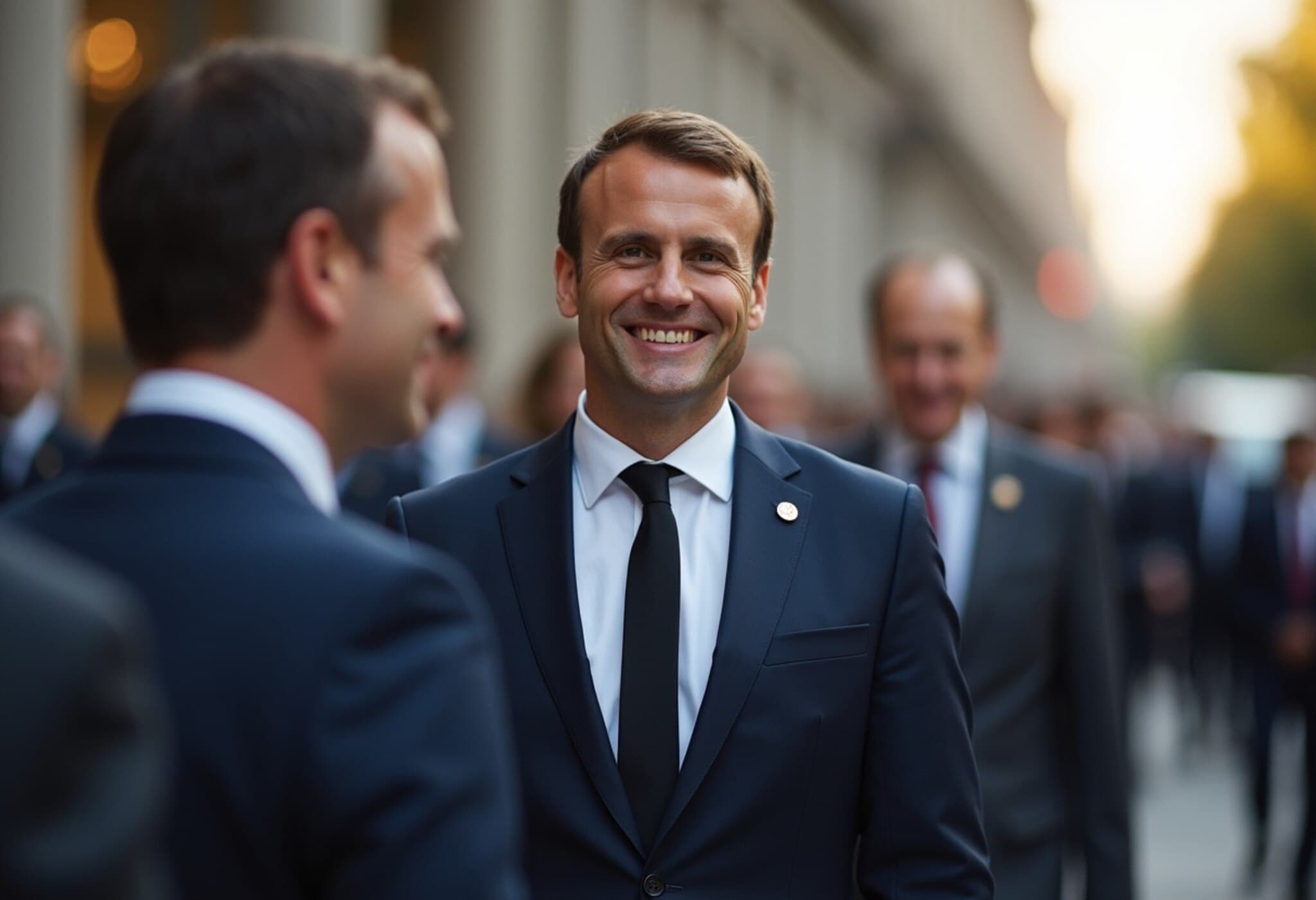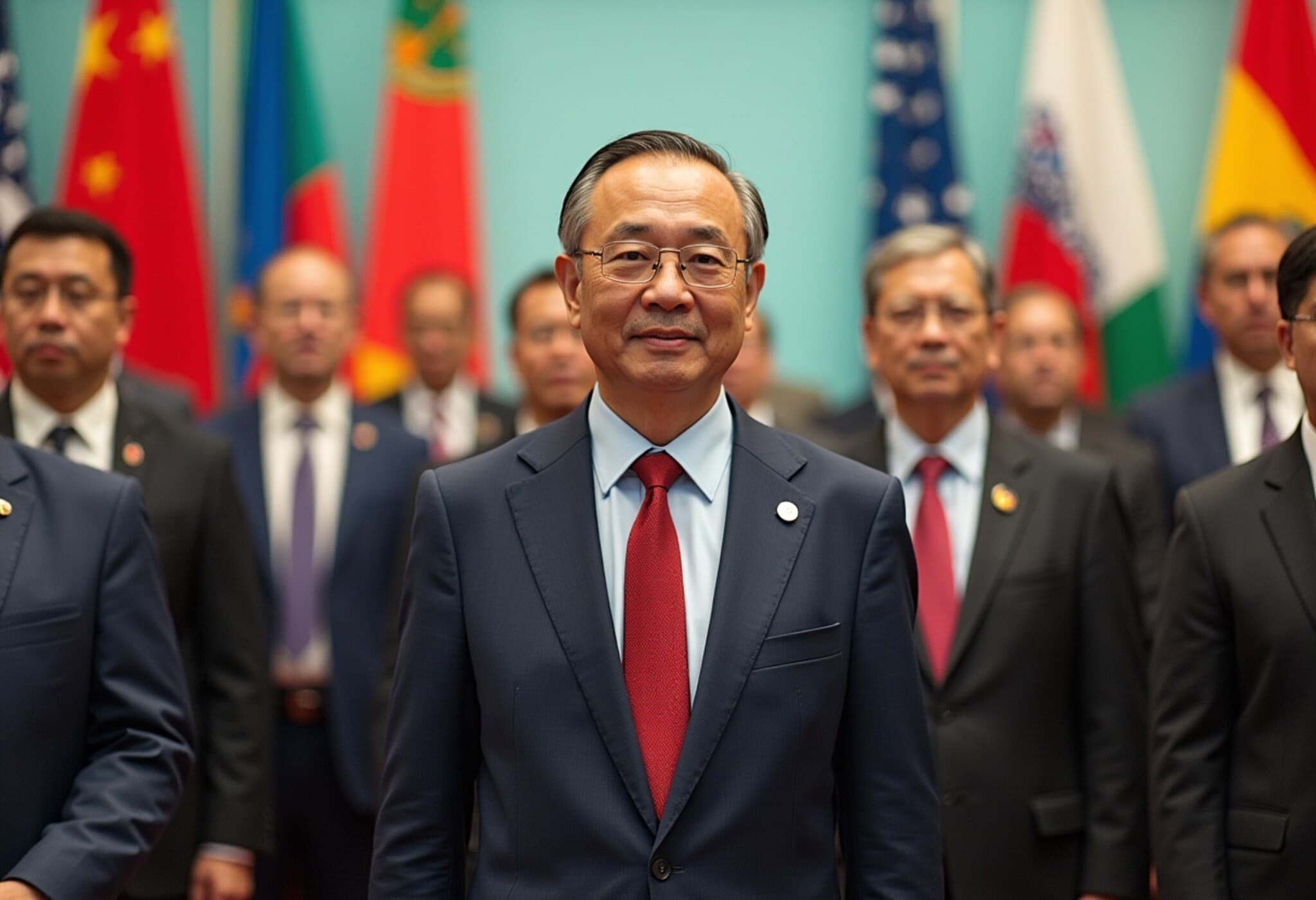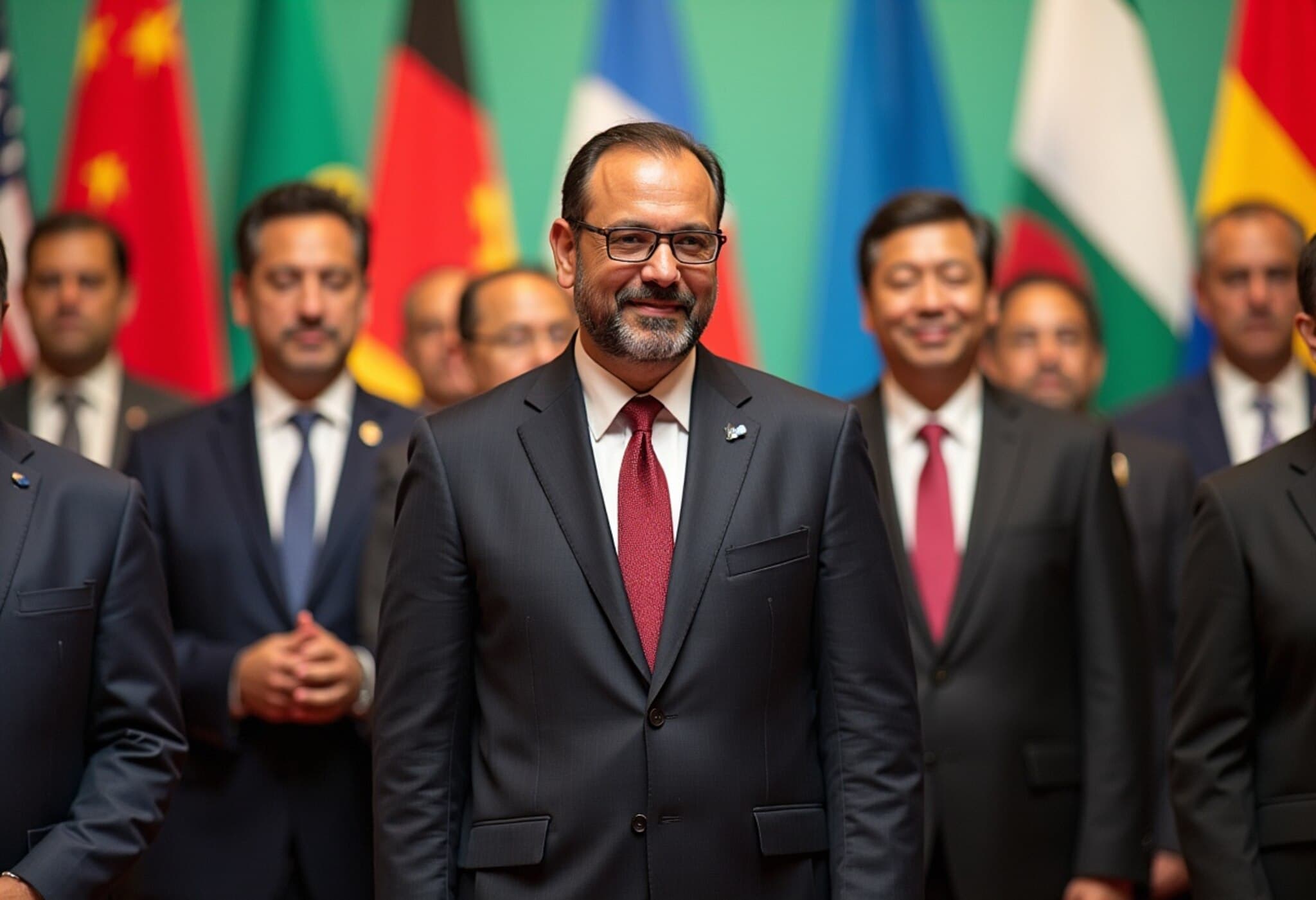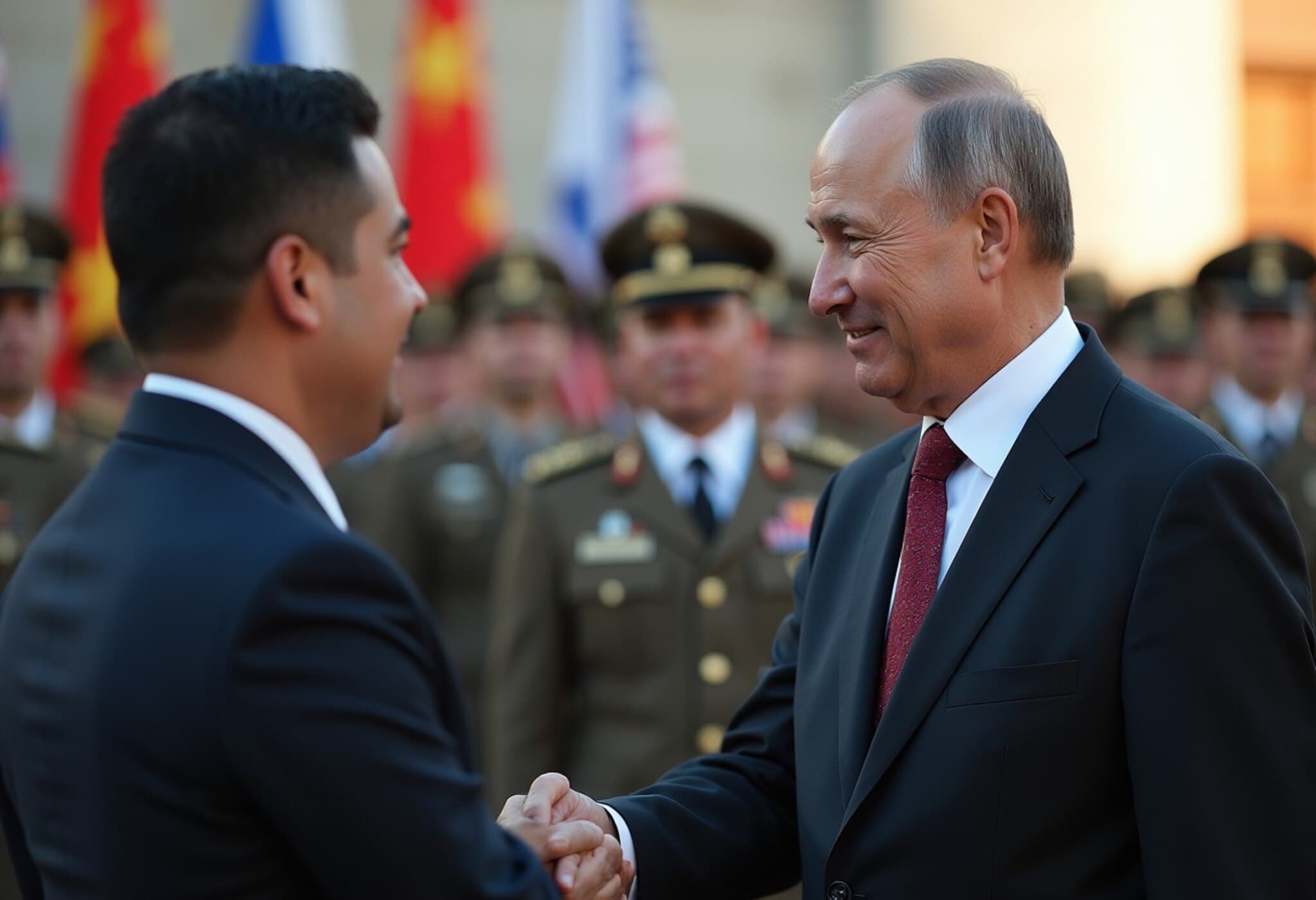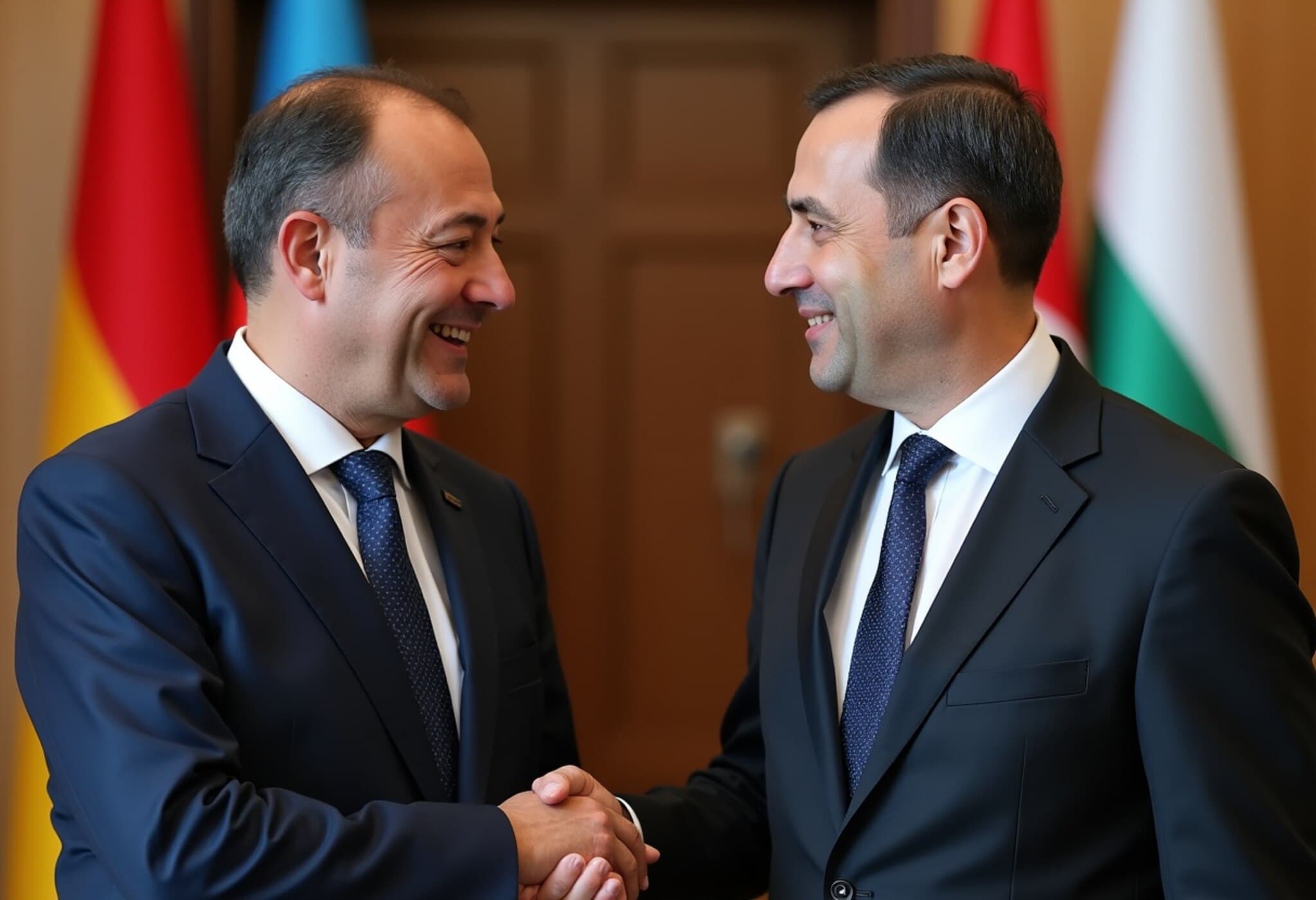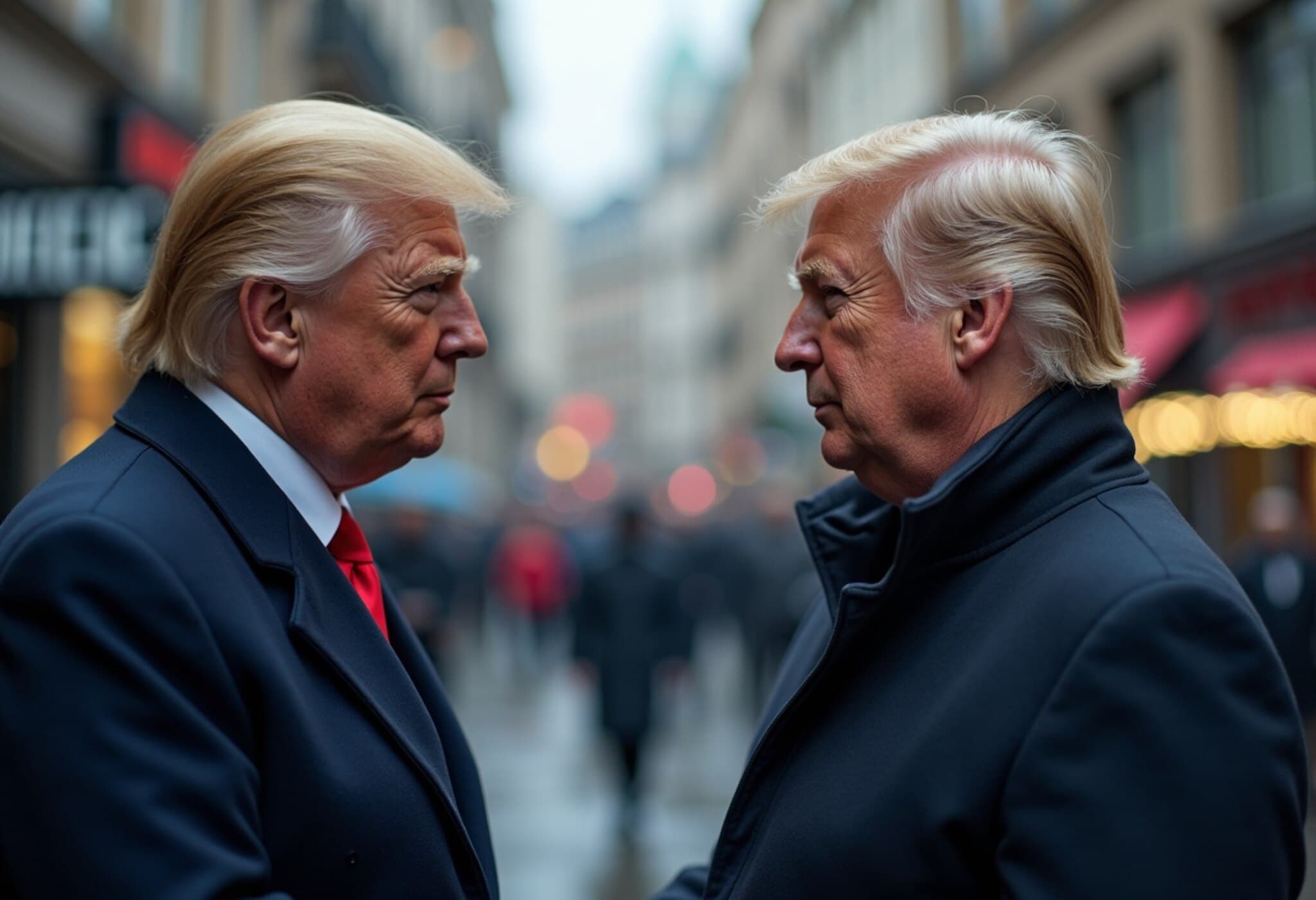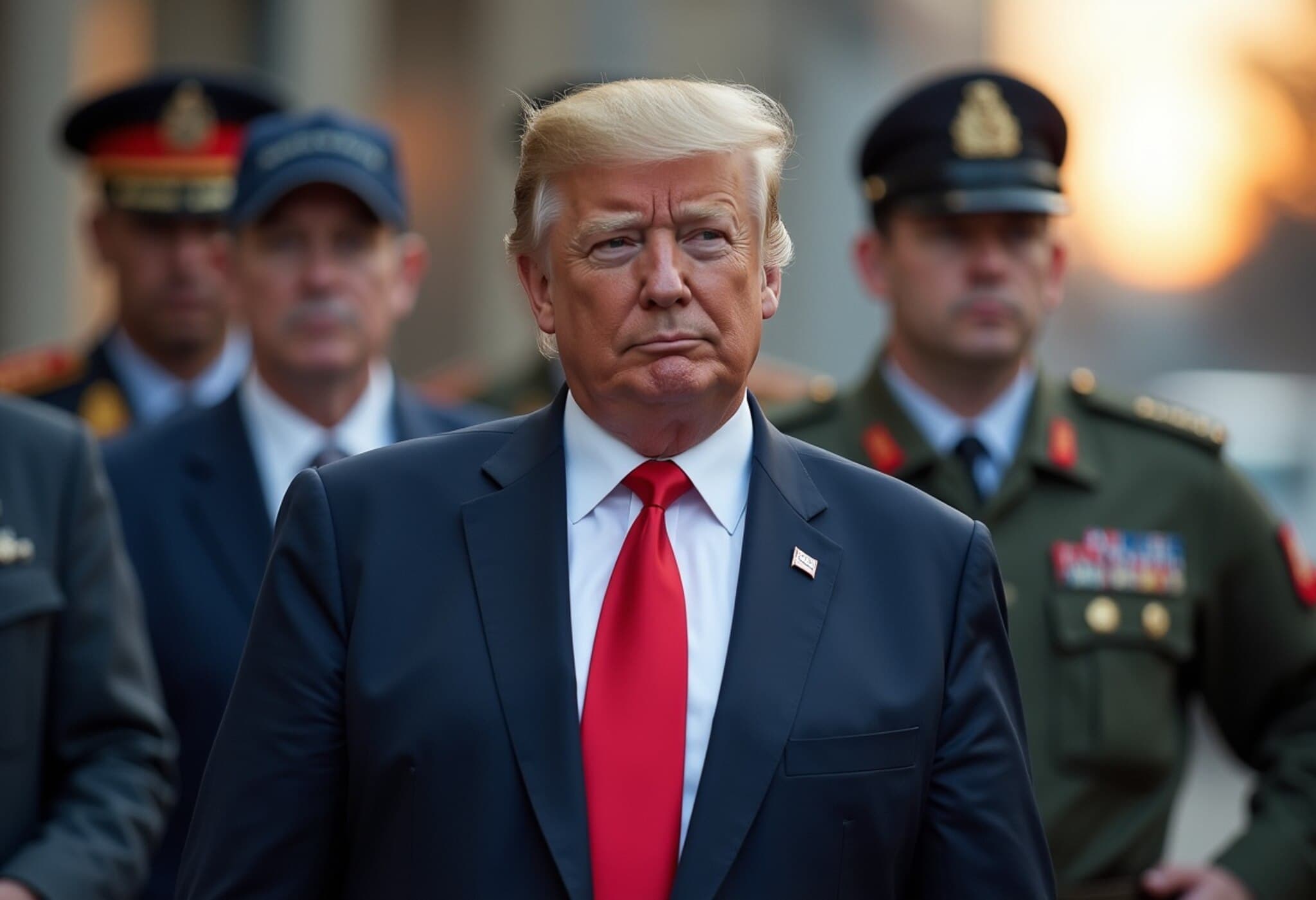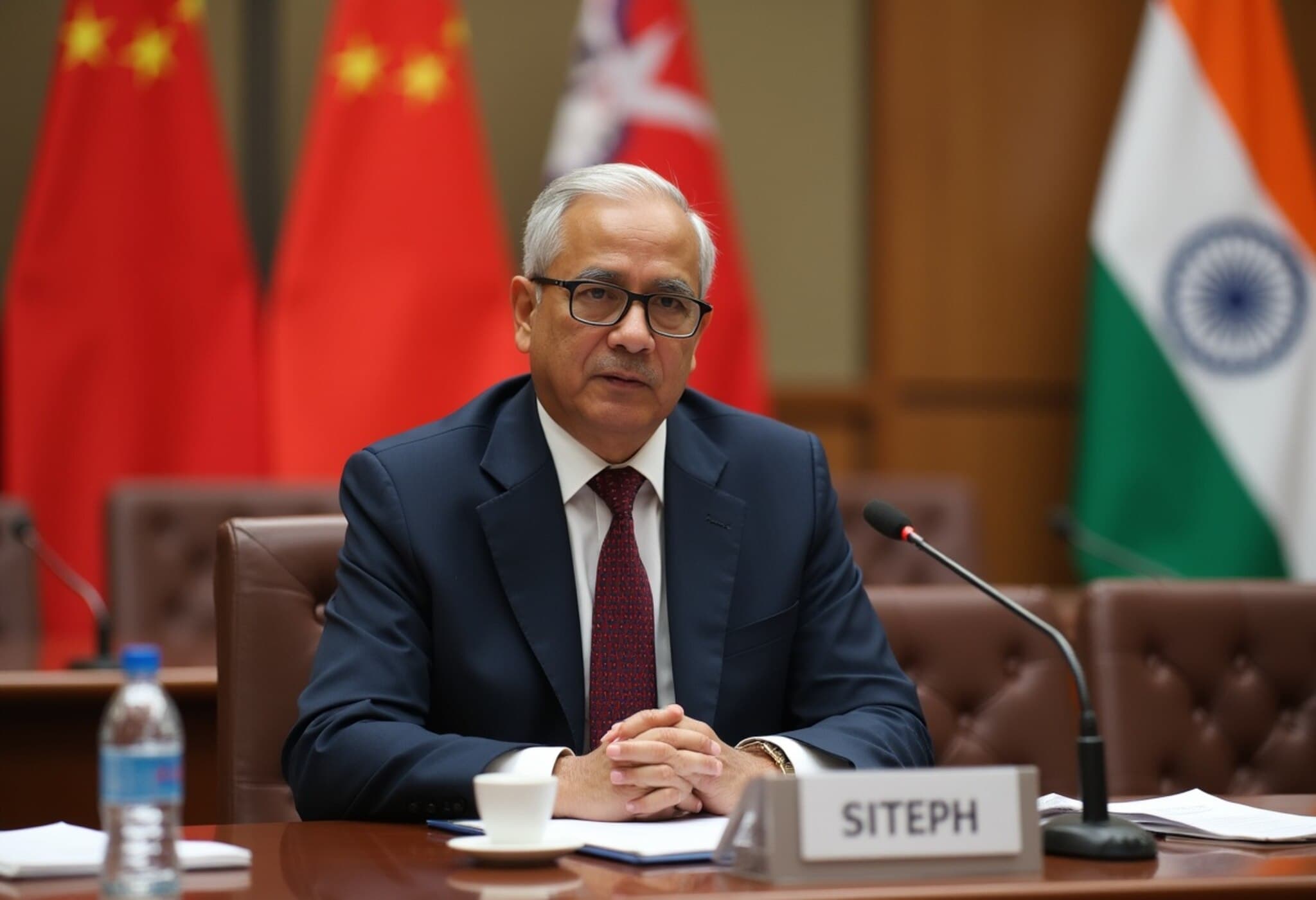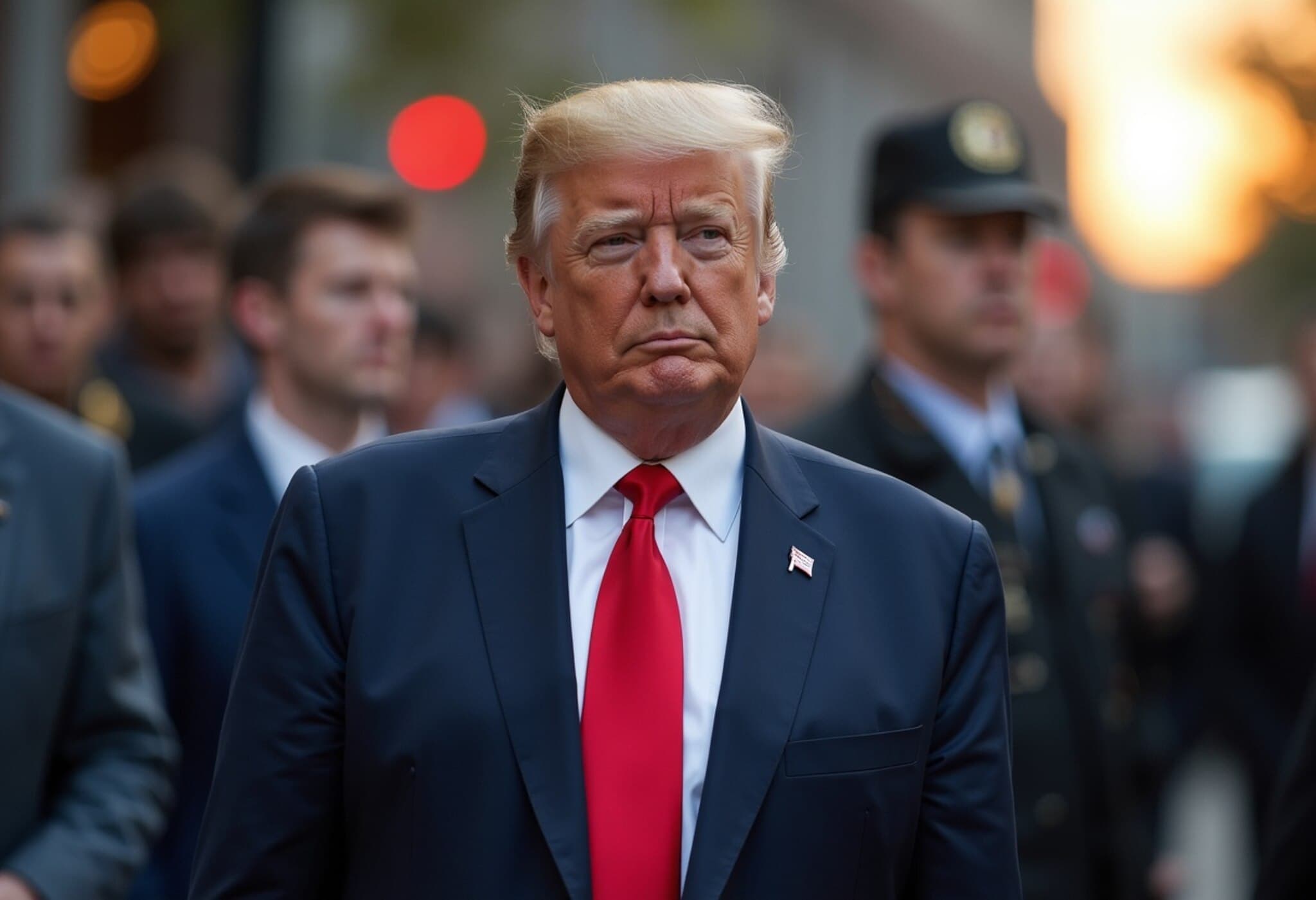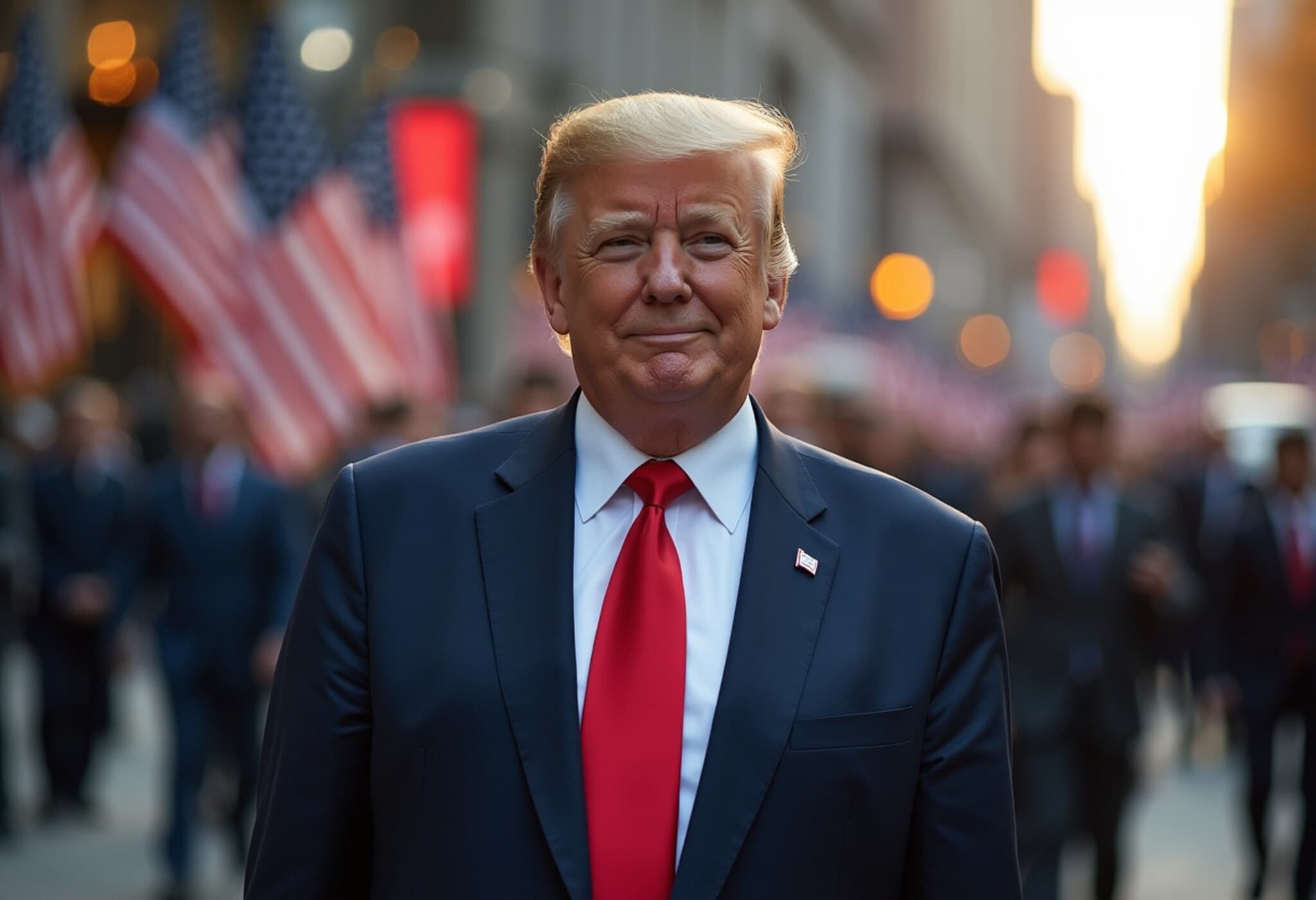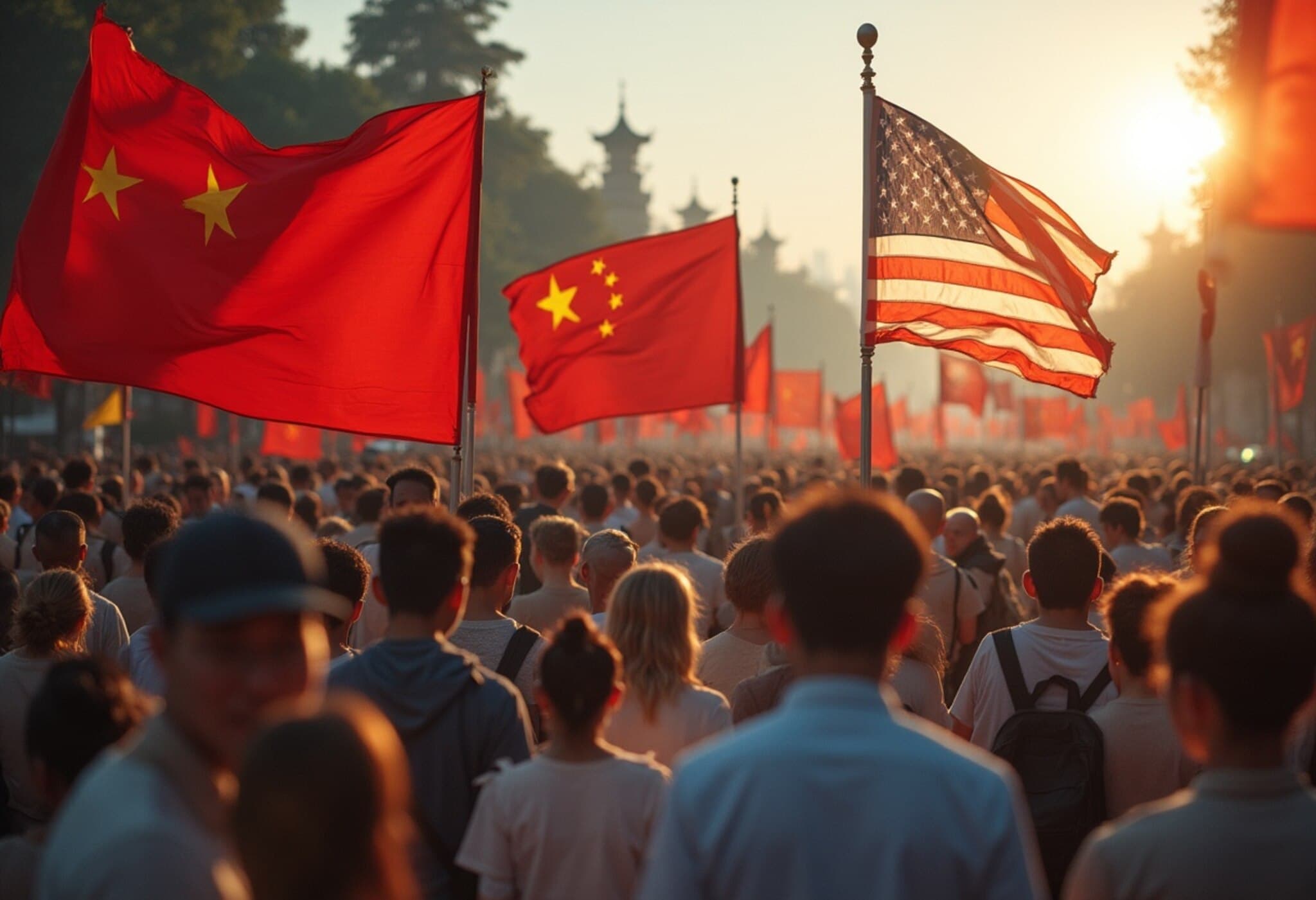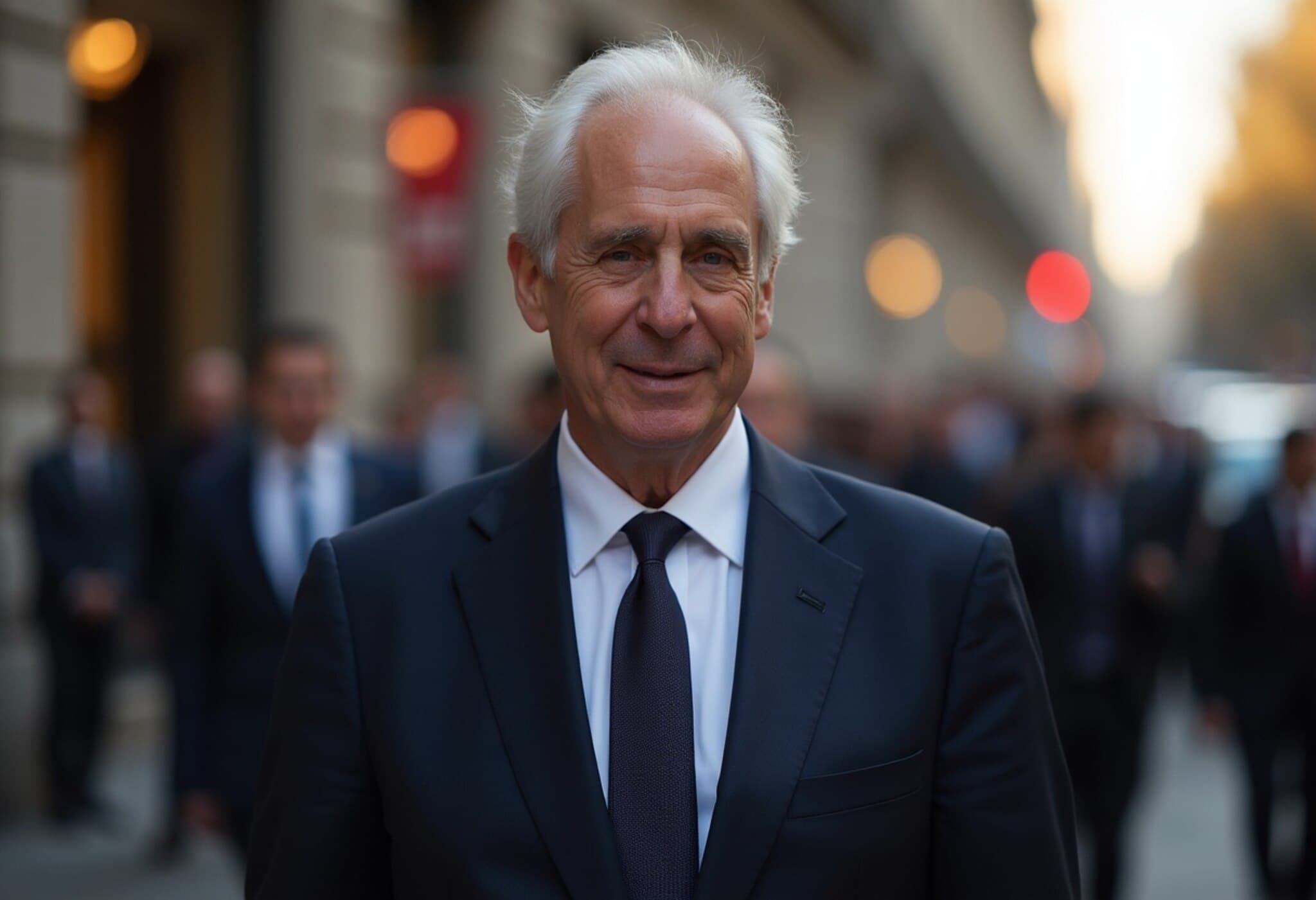US Announces Withdrawal from UNESCO Citing Bias Against Israel
In a move resonating through international diplomatic corridors, the United States officially declared on July 22, 2025, its intention to withdraw from UNESCO, the United Nations agency responsible for education, science, and culture. The announcement came from State Department spokeswoman Tammy Bruce, who cited concerns over what the US described as the agency's "bias against Israel" and pursuit of a "globalist, ideological agenda." The withdrawal is set to take effect in December 2026.
Bruce criticized UNESCO for endorsing policies and initiatives that, in the US government's view, promote "divisive social and cultural causes." She singled out UNESCO’s 2011 decision to admit Palestine as a member state and its recognition of heritage sites in contested territories of the West Bank and East Jerusalem as Palestinian, labeling these acts contrary to US foreign policy and contributing to what she described as "anti-Israel rhetoric" within the organization.
A History of US-UNESCO Relations: Withdrawal and Re-engagement
This is not the first time the United States has severed ties with UNESCO. Under the Trump administration's previous tenure, the US exited UNESCO in 2017, only to rejoin under President Joe Biden’s leadership. This oscillation highlights the politicized nature of the US’s engagement with multilateral organizations and raises questions about the consistency of American foreign policy in the cultural and educational arenas.
France’s President Macron Pledges ‘Unwavering’ Support
In stark contrast to the US stance, French President Emmanuel Macron took to social media platform X to express his "unwavering support" for UNESCO. Emphasizing the agency's role as a guardian of science, education, culture, and world heritage, Macron assured that France’s commitment to UNESCO’s mission remains resolute regardless of the US withdrawal.
“Unwavering support for UNESCO, a universal guardian of science, the Ocean, education, culture, and world heritage. The withdrawal of the United States will not weaken our commitment alongside those who lead this fight.”
— Emmanuel Macron (@EmmanuelMacron)
UNESCO’s Response and Financial Implications
UNESCO Director-General Audrey Azoulay expressed regret over the US decision, framing it as counter to the organization's foundational multilateral principles. However, Azoulay reassured that UNESCO had anticipated this development and undertaken "major structural reforms" along with diversification of its funding sources to cushion the financial impact. Currently, the United States contributes approximately 8% of UNESCO’s budget, a significant decrease from nearly 20% a decade ago.
Azoulay further challenged US claims by highlighting UNESCO’s ongoing programs tackling Holocaust education and combating antisemitism. An anonymous UNESCO official acknowledged that the agency was already adjusted to operating without US funds since the 2017 exit but emphasized that additional resources would undoubtedly help maintain UNESCO’s broad mandate.
International Perspectives: Israel Welcomes the Move
Israeli Foreign Minister Gideon Sa’ar applauded the US decision, framing it as a step toward justice and fair treatment of Israel within the United Nations system. This reaction underscores the geopolitical complexities underpinning UNESCO’s cultural and educational decisions, often caught in the currents of Middle East politics.
What Does UNESCO Represent? A Brief Overview
UNESCO is globally recognized for its role in designating World Heritage Sites — places of outstanding cultural, scientific, or natural importance, including landmarks like the Pyramids of Giza, the Great Barrier Reef, the Serengeti, and the Acropolis. Beyond its heritage listings, UNESCO promotes international collaboration on education, science, and cultural preservation.
Despite Withdrawal, US Retains Influence on World Heritage Committee
Even as the US plans to exit the organization, it is anticipated to retain a seat on UNESCO’s World Heritage Committee, similar to the arrangement during its previous hiatus. This continued involvement signals a nuanced US approach to engagement: distancing politically yet maintaining influence over heritage conservation decisions.
Looking Ahead: The Future of Multilateralism and Cultural Diplomacy
The US withdrawal from UNESCO adds to the ongoing discourse about America's role in multilateral institutions in an era marked by skepticism toward globalization and international cooperation. It raises essential questions about maintaining cultural diplomacy and global partnerships in turbulent political climates.
Meanwhile, allies like France reaffirm their commitment to international multilateral frameworks, underscoring the importance of sustained global collaboration in education and cultural preservation.
Key Takeaways:
- The US cites ideological and political disagreements with UNESCO, particularly relating to Israel-Palestine issues.
- French leadership reaffirms strong support for UNESCO’s mission amid the US withdrawal.
- UNESCO has diversified its funding to reduce dependency on US contributions.
- The move shines a spotlight on the challenges multilateral organizations face amid nationalist politics.
Editor’s Note
As the United States steps away from UNESCO, the global community must consider how such withdrawals impact the unfettered exchange of cultural and scientific knowledge. Will this trend of selective multilateral participation weaken international cooperation at a time when global challenges—climate change, education inequality, cultural preservation—demand unified action? The evolving dynamics between national interests and global responsibilities are at a pivotal crossroads.

